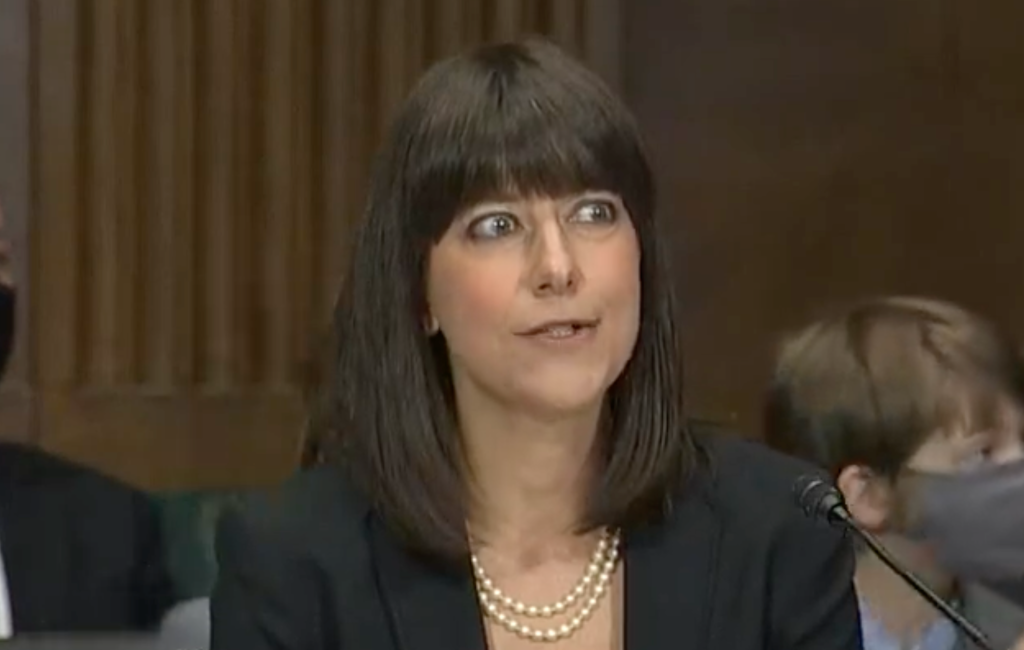Solicitor General Defends Universal Service Fund at High Court
The administration argued the law standing up the $8 billion fund didn't run afoul of the non-delegation doctrine.
Jake Neenan

WASHINGTON, Jan. 9, 2025 – The Biden Administration Justice Department joined the Federal Communications Commission on Wednesday in urging the Supreme Court to strike down a decision holding that the agency’s $8 billion-per-year broadband subsidy was unconstitutional.
The Fifth Circuit Court of Appeals ruling to that effect “conflicts with decades of precedent and centuries of practice; reflects a misreading of the Communications Act and the FCC’s rules; and threatens to nullify the universal service programs, to the detriment of the millions of Americans whom those programs serve,” the solicitor general's office wrote in a brief co-signed by the agency.
The Universal Service Fund supports four major programs that subsidize rural networks and internet discounts for low-income households, school, libraries, and healthcare centers. It’s funded by fees on interstate voice revenue, although lawmakers have been working to update that for some time.
The USF had been challenged by a conservative nonprofit that alleged Congress didn’t put enough guardrails on the agency’s authority when it stood up the fund in 1996, plus that the FCC improperly delegated that authority to a nonprofit the agency set up to do the accounting and ministerial work.
Fifth Circuit judges didn’t definitively rule on either question, but found after a rehearing that the combination of the two factors ran afoul of the "non-delegation doctrine," the idea that Congress can’t delegate its powers to other entities.
Both questions are now before the Supreme Court, as well as the merits of the Fifth Circuit’s combination ruling, with the Justice Department and FCC asking justices to rule in its favor on all three fronts. The lead name on the brief was Solicitor General Elizabeth Prelogar, as is common in defending government programs.
An arm of the Justice Department, the solicitor general's office represents the interests of the federal government before the Supreme Court.
While Trump appointees will eventually head both the FCC and Justice Department, and some in the GOP don’t like the current USF contribution scheme, it’s not clear that the position of the Justice Department and the FCC would change.
In recent decades, laws have been considered in line with the non-delegation doctrine if they offer an "intelligible principle" to guide the agency being afforded some regulatory authority by Congress. The FCC argued that the 1996 Telecom Act satisfied that test, pointing to provisions calling for making telecom services available at comparable rates in rural and urban areas, equitable contributions from providers to support the fund, and others.
“If Congress may authorize an executive agency to regulate in the ‘public interest,’ to set ‘just and reasonable’ rates, or to decide which inventions are ‘sufficiently useful and important’ to warrant patents, it may authorize the FCC to administer the Universal Service Fund within the framework discussed above,” the agency wrote, citing laws that had previously been upheld by the high court.
Trent McCotter, an attorney for Consumers’ Research, the nonprofit leading the challenge to the fund, has said he was cautiously optimistic about the odds of SCOTUS expanding the non-delegation doctrine somehow, making it harder for Congress to hand broad authority to federal agencies.
He pointed at a Federalist Society event in October to a 2019 case in which three conservative justices signaled a desire to “reinvigorate” the doctrine, noting two more appointees have cemented a 6-3 conservative majority on the high court.
Others, including Georgetown law professor Steve Vladek and former FCC chief of staff Blair Levin, have pointed to other subsequent rulings scratching conservatives’ itch to defang the administrative state and strong ISP support for the USF as reasons SCOTUS might not want to set a tougher standard for non-delegation reviews, at least this time around.
As for the Fifth Circuit’s combination ruling—that the advisory nonprofit, known as the Universal Service Administative Company, plus the delegation of authority in the Telecom Act amounted to legislative power being improperly handed to the agency—the FCC called it “flawed.”
“Where a statute permissibly vests an agency with executive power, that power does not somehow become legislative simply because a private entity advises the agency on how to exercise it,” the agency wrote.
A brief from Consumers’ Research is due Feb. 11.









Member discussion